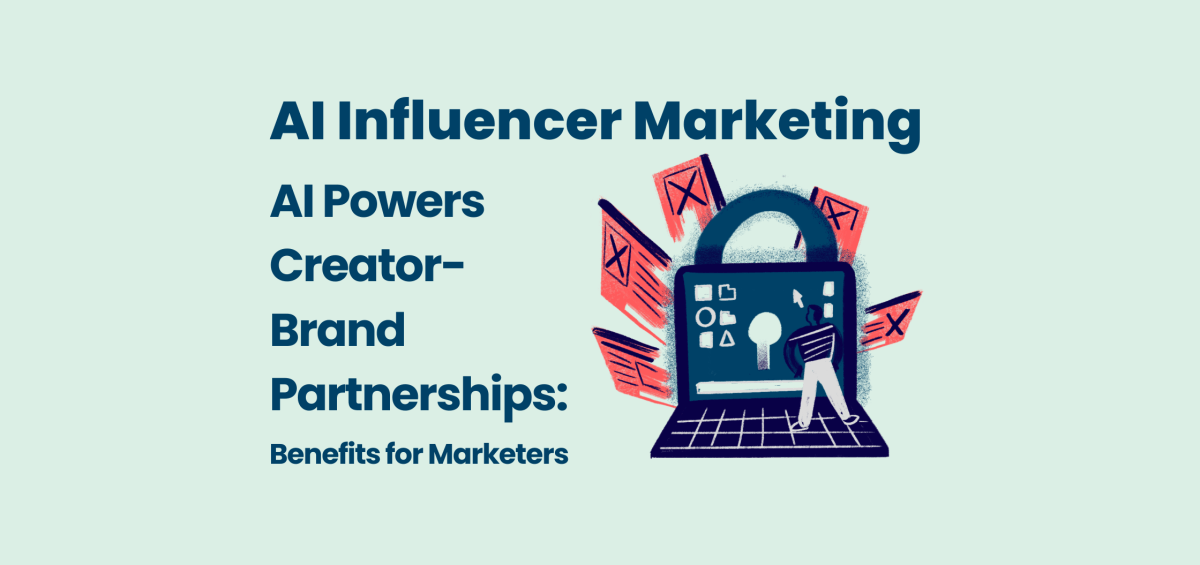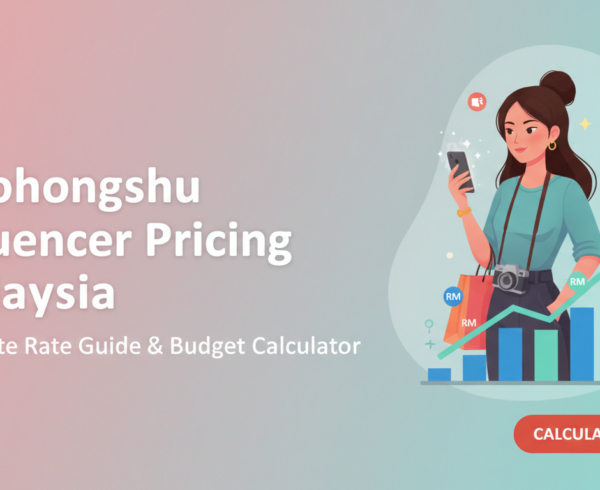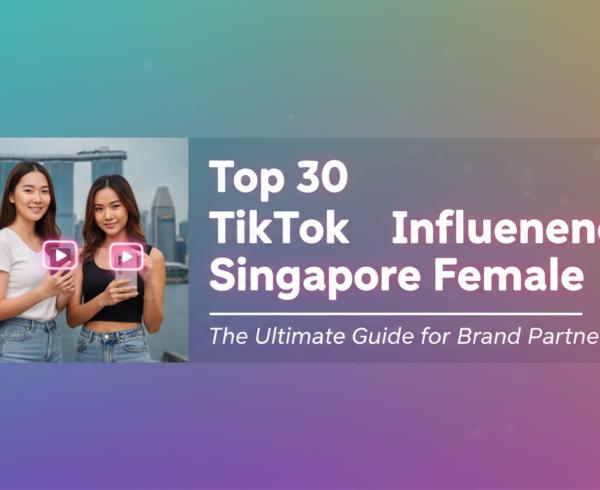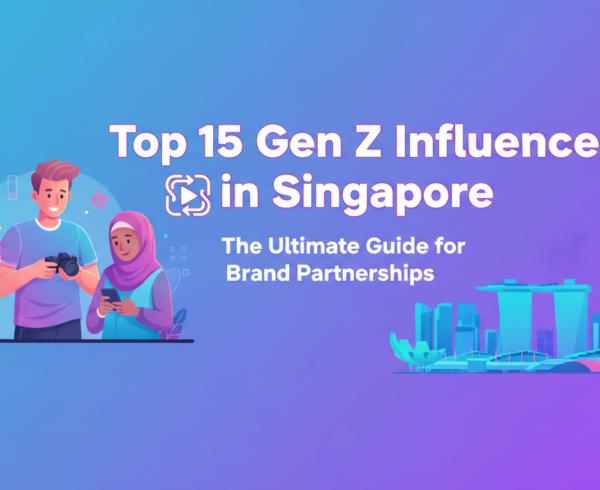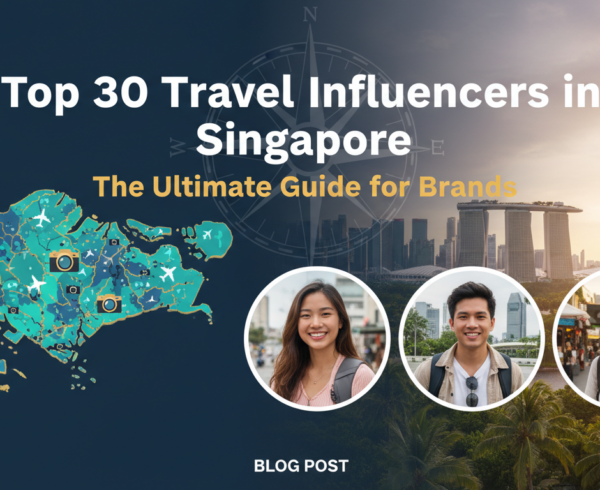Can AI Be the Ultimate Wingman for Brands and Creators? Exploring AI’s Role in Enhancing Influencer Partnerships
In the dynamic world of digital marketing, the synergy between brands and creators is paramount. However, finding the right partners, managing campaigns effectively, and accurately measuring success can be a complex and time-consuming process. Enter artificial intelligence. AI is rapidly transforming how brands and creators connect, collaborate, and achieve their marketing goals. For digital marketers seeking to optimize their influencer strategies, understanding the role of AI in enhancing these partnerships is no longer a futuristic fantasy – it’s a present-day necessity. Let’s explore the key ways AI is revolutionizing creator-brand collaborations:
1. The Perfect Match: Can AI Algorithms Revolutionize Influencer Discovery?
Finding the ideal influencer who aligns with a brand’s values, target audience, and campaign objectives can feel like searching for a needle in a haystack. AI-powered platforms are changing this. By analyzing vast amounts of data on influencer performance, audience demographics, content themes, and brand mentions, AI algorithms can help digital marketers identify potential partners with remarkable precision. This data-driven approach goes beyond surface-level metrics, delving into audience authenticity, engagement quality, and alignment with specific brand messaging, ensuring a more strategic and effective selection process. As the “Analyzing the Impact of AI on Influencer Marketing” paper suggests, AI’s powers in data analysis are accelerating the success of influencer marketing initiatives.
2. Streamlining Campaign Management: AI as Your Always-On Project Manager:
Managing multiple influencer campaigns simultaneously can be a logistical nightmare. AI-powered tools are emerging to streamline every stage of the campaign lifecycle. From automated scheduling and content distribution to real-time performance monitoring and communication management, AI can act as a virtual project manager, freeing up digital marketers from tedious administrative tasks and allowing them to focus on strategic oversight and creative direction. This efficiency not only saves time but also reduces the potential for errors and ensures smoother campaign execution.
3. Predicting Performance: Can AI Forecast Influencer Campaign Success?
Wouldn’t it be invaluable to have a crystal ball that could predict the potential success of an influencer campaign before it even launches? AI is moving closer to making this a reality. By analyzing historical data on past campaigns, influencer performance metrics, and audience behavior, AI algorithms can generate predictive insights, helping digital marketers forecast the potential reach, engagement, and conversion rates of their planned collaborations. This allows for more informed budget allocation, strategic adjustments before launch, and a greater likelihood of achieving desired marketing outcomes.
4. Enhancing Communication and Collaboration: AI-Powered Platforms for Seamless Interaction:
Effective communication is the bedrock of any successful partnership. AI-powered platforms are facilitating smoother and more efficient communication between brands and creators. These platforms can offer features like automated message routing, AI-powered chatbots for quick queries, and centralized communication logs, ensuring that everyone is on the same page and that potential issues are addressed promptly. This enhanced communication fosters stronger relationships and reduces the friction often associated with managing multiple stakeholders.
5. Content Optimization Through AI Insights: Maximizing Engagement and Impact:
Creating content that resonates with the target audience is crucial for influencer marketing success. AI tools can analyze existing content trends, identify high-performing themes, and even provide suggestions for optimizing future content to maximize engagement and impact. By leveraging AI insights into audience preferences and content formats, digital marketers can empower their creator partners to produce more effective and compelling content that drives better results for the brand.
6. Ensuring Authenticity and Detecting Potential Red Flags with AI:
In an era of increasing scrutiny around influencer authenticity, AI can play a vital role in verifying the legitimacy of an influencer’s audience and engagement. AI-powered tools can analyze follower demographics, identify suspicious activity like bot followers or fake engagement, and help brands avoid partnering with influencers who may not offer genuine reach or impact. This focus on authenticity helps protect brand reputation and ensures that marketing investments are directed towards credible and impactful partnerships. As the Northeastern University research highlights, maintaining brand trust is crucial in influencer marketing.
7. Fostering Long-Term Relationships: AI’s Role in Nurturing Creator Loyalty:
Building long-term relationships with key influencers can yield significant benefits for brands. AI can assist in nurturing these relationships by providing insights into creator performance over time, identifying opportunities for continued collaboration, and even automating personalized communication. By leveraging AI to understand creator preferences and track their impact, brands can foster stronger loyalty and build mutually beneficial partnerships that extend beyond single campaigns, as suggested by the CreatorIQ 2025 Trends Report which emphasizes strengthening influencer relationships.
8. Measuring True Impact Beyond Vanity Metrics: AI-Powered Performance Analysis:
Moving beyond basic metrics like likes and comments to understand the true impact of influencer campaigns on business outcomes is a key priority for digital marketers. AI-powered analytics platforms can help track a wider range of metrics, including website traffic, lead generation, sales conversions, and brand sentiment. By providing a more holistic view of campaign performance, AI enables marketers to accurately assess the ROI of their influencer partnerships and make data-driven decisions about future collaborations.
9. Streamlining Legal and Compliance Processes with AI Assistance:
Navigating the legal and compliance aspects of influencer marketing, such as disclosure requirements and contract management, can be complex. AI-powered tools can assist in this area by automating the tracking of disclosure requirements, flagging potential compliance issues, and even streamlining contract workflows, helping digital marketers ensure they are adhering to regulations and protecting their brand.
10. The Future of Collaboration: AI as an Integrated Partner for Brands and Creators:
Looking ahead, AI is poised to become an even more integral partner in the creator-brand ecosystem. We can expect to see more sophisticated AI-powered platforms that facilitate seamless collaboration, provide real-time insights, and even assist with creative content generation. By embracing these advancements, digital marketers can unlock new levels of efficiency, effectiveness, and strategic alignment in their influencer partnerships, paving the way for more impactful and mutually beneficial collaborations in the future.
In conclusion, AI is no longer just a futuristic concept in influencer marketing; it’s a powerful tool that is actively enhancing creator-brand partnerships in numerous ways. From smarter influencer discovery and streamlined campaign management to data-driven performance analysis and the potential for long-term relationship building, AI offers digital marketers a significant opportunity to optimize their influencer strategies, drive better results, and ultimately forge stronger and more impactful collaborations in the ever-evolving digital landscape.

